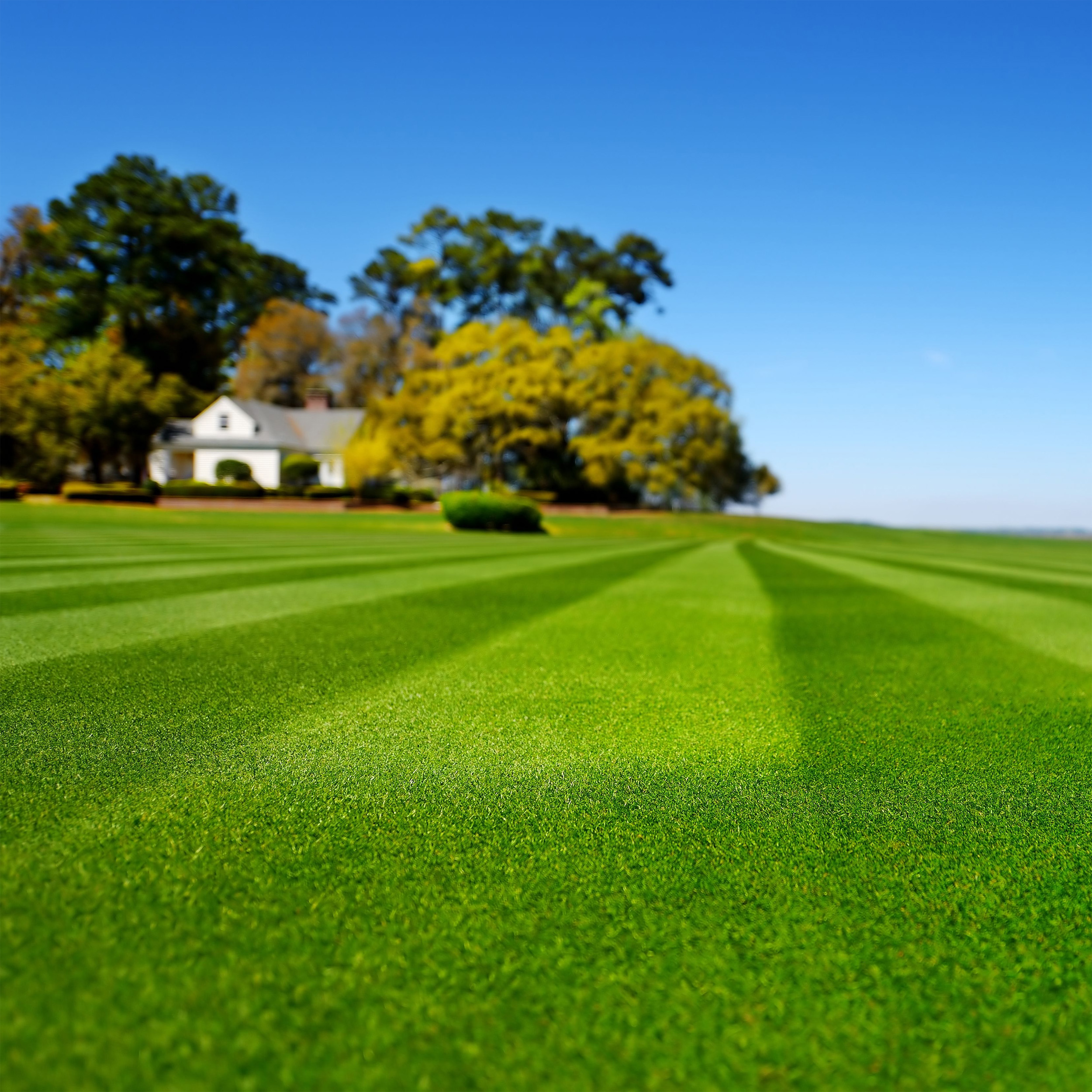Bermuda grass prefers wet and warm climates and where there is a decent amount of rainfall a year.
African bermuda grass adaptations.
Can you put atrazine on bermuda grass.
Bermuda grass is an early successional grass and is first to grow back after grass fires which burn quite often on the african savanna.
Bermuda grass is usually the first plant to grow back after grass fires which happen very often in the african savanna.
Because the rainfall only lasts about half the year it is difficult for trees to grow in savannas but it s not impossible.
With its deep root system bermuda grass has adapted to the savanna by dying off above ground during periods of drought while maintaining growth beneath the soil.
The white sap from the candelabra tree is poisonous and if it comes contact with your skin it can cause blisters.
It can tolerate both acidic and alkaline soil and is highly tolerant to saline conditions.
A bermuda grass is a perennial grass latin name cynodon dactylon native to africa and asia used in warm areas of the world for pasture lawn and making hay.
Candelabra tree candelabra trees are found in the east indies and africa.
Bermuda grass will give out seeds about 3 months after planting it these seeds germinate at temperate above 20 c and begin to grow within 2 weeks.
With its deep root system bermuda grass has adapted to the savanna by dying off above ground during periods of drought while maintaining growth beneath the soil.
Although it may persist under low fertility bermuda grass has a high nitrogen requirement for achieving a good quality lawn.
Improves digestion and cures stomach ailments increases the number of red blood cells good medicine for insomnia.
Bermuda grass adaptations are that it has deep roots that collect more water.
Bermuda grass reproduces though seeds.
It is the most common type of savanna grass found practically everywhere.
Bermuda grass can survive some flooding but does best on well drained sites.
This type of dry grass can go long periods of time without water which is helpful for survival during the dry season.
Originating in asia and or africa and used only for pastures in the beginning bermuda grass has been adapted by man for some of the most elite purposes such as athletics fields and golf courses world wide.
Bermuda grass is one of the most common grasses in the tropical savanna biome.
To the hindu in india bermuda grass was a sacred grass because it fed their sacred cows.

